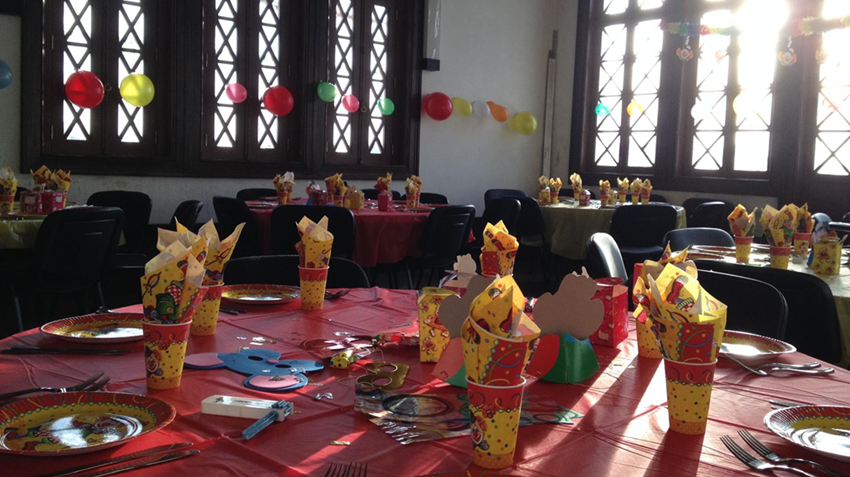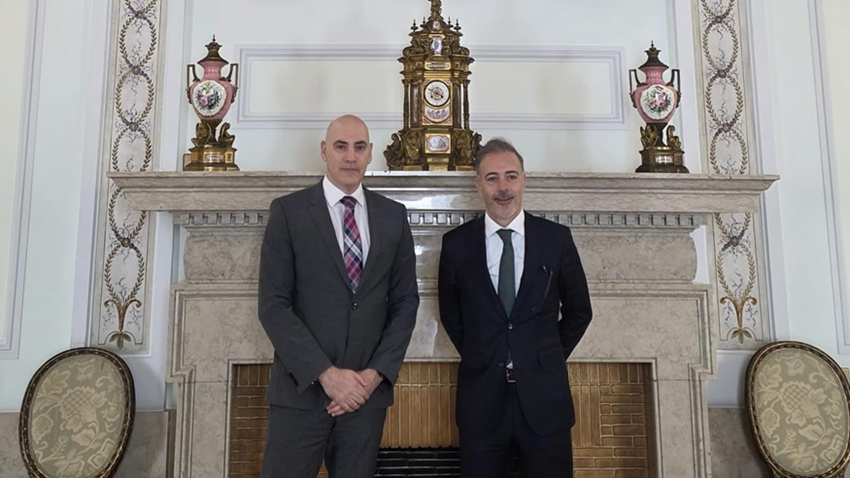This is a remarkable time in the life of the central synagogue of the city of Porto. Nothing like this has happened since 1497, when Judaism was banned in Portugal. Ten consecutive years with a minyan on the Sabbath and Holidays is something of great importance. This is even more remarkable since the community also has a second synagogue for students with a daily minyan for the past four years. Each year consists of a complete cycle of Torah readings, with congregants calling the lectern. In the coming month of Tishrei, in October, the readings of the current year (the tenth) will conclude, and the cycle will start again with the book of Bereishit (Genesis).
A minyan, literally "the count", means not having only 10 men present at services, but at least ten. It may include dozens or hundreds. It is usually thought that a minyan is guaranteed in a large community. This is not so. Ten years correspond to thousands of religious services occurring over different times of the year, in all seasons. In the Diaspora, many Jews are not in the habit of attending synagogue regularly. Some travel frequently, there are periods of vacations, illness, inability to travel, insecurity, fear of terrorism, and other reasons that hinder the functioning of synagogues, often located far from the homes of most of their members.
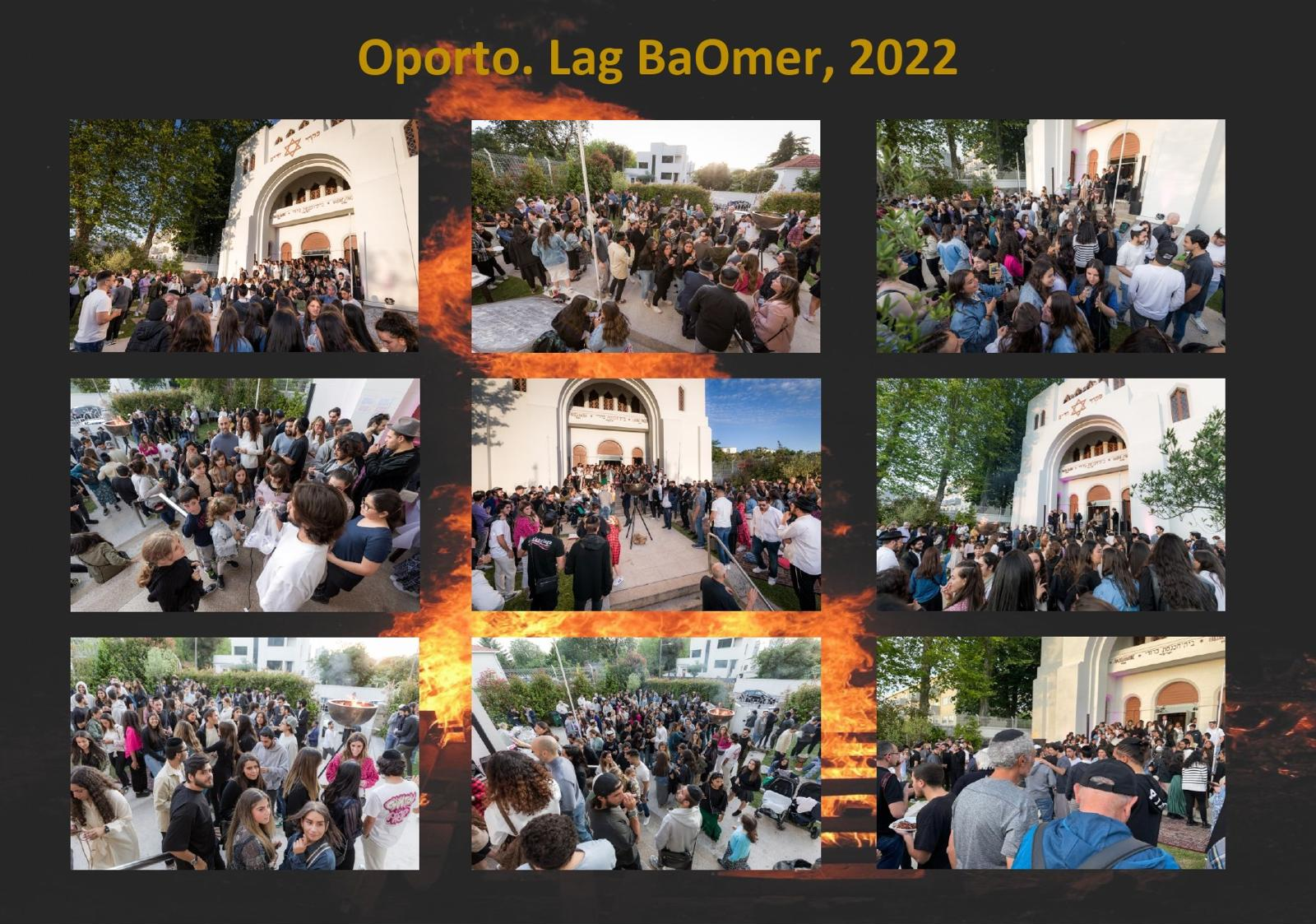
The benefits of praying in a minyan are not limited to the possibility of saying Kaddish (the memorial prayer) and reading the Torah. When there is a minyan, the Shechinah (divine presence) is felt. Every ‘amen’ that is said in a minyan has effects on the mystical world and brings blessings to this world. The Shechinah assures God's intervention in earthly events, such as the cloud and the pillar of fire that once guided the Israelites in the wilderness. This active presence is marked by a divine involvement in all things, projecting radiance and good fortune.
The president of Chabad Portugal, Rabbi Eli Rosenfeld, who watched the development of Jewish life in Porto with great satisfaction, highlights the reason for the blessings that the Jewish community of Porto has received. "Maintaining a steady minyan, week after week, for a full decade is nothing short of remarkable. This achievement is a true testament to the dedication, vision, and perseverance that sustain Jewish life in Porto. When Jews gather with sincerity and faith, the presence of HaShem is felt, and blessings begin to flow."
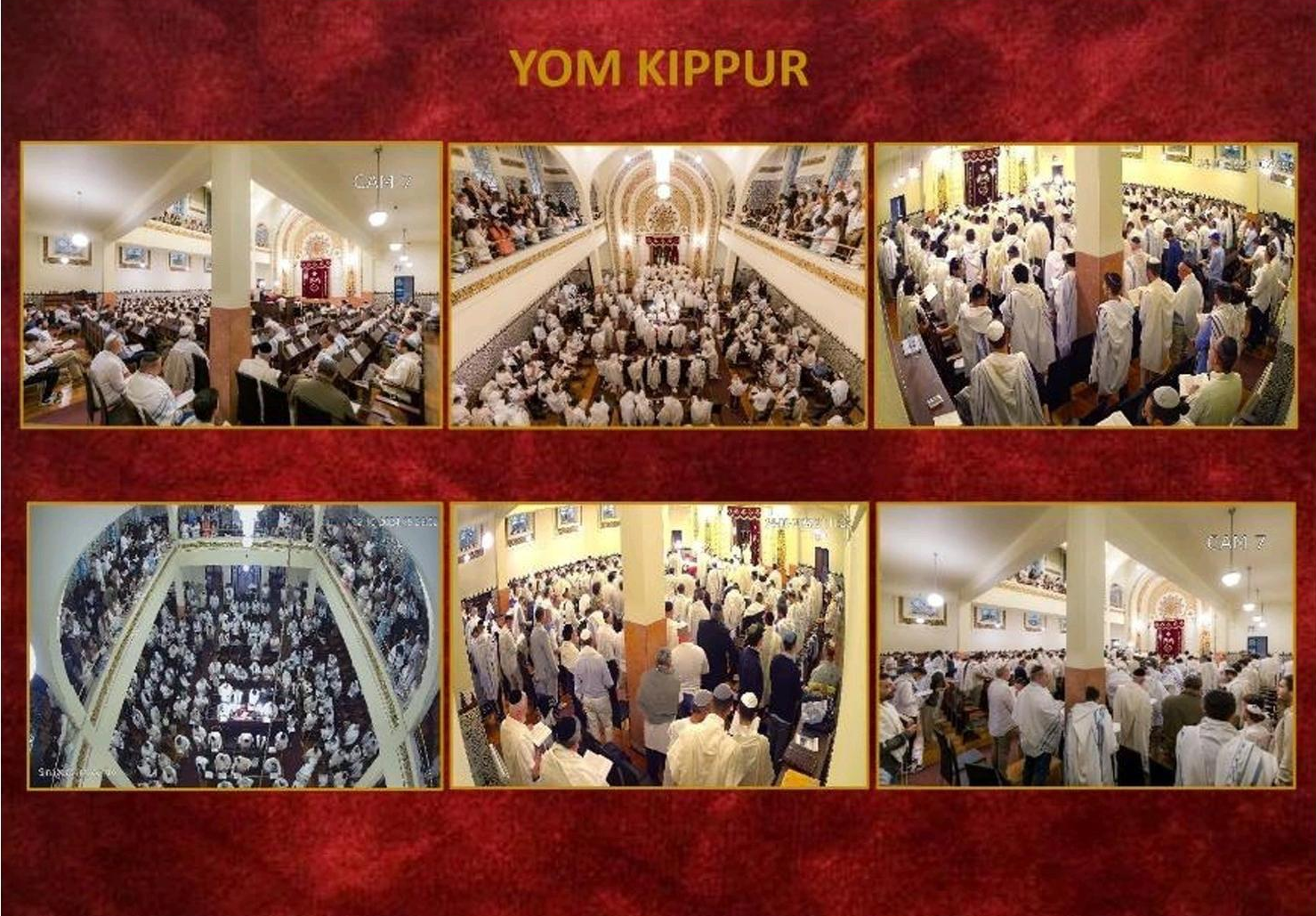
This decade with a regular minyan, began in 2015. Today the community of Porto has two fully functioning synagogues, kosher restaurants and stores, a network of tzedakah (charity) and a new cemetery, in a Jewish community that had nowhere to bury the dead for five centuries. Although positive events had already occurred in the community with the major renovation of the synagogue in 2012, the first major Shabbaton (international weekend gathering) in 2013, and the opening of a kosher hotel in 2014, the greatest developments only occurred with the start of a regular minyan.
The state of Shechinah that we live in Porto today is very striking for another reason. After the Portuguese Dreyfus case, the community lived for eight decades in a permanent state of shechinah begaluta (Shechina in exile). This is doubly negative, because not only was God distant from community life and not involved in it, but the community repeatedly failed in its initiatives to promote Jewish life. The weight of the shechinah begaluta is unbearable. Growth is impossible. It is like wet wood that does not burn, no matter how hard you try to light it. The energy in the synagogue was that of paralysis, of darkness, of a black hole that swallowed everything, in a picture of death that seemed to have no end.
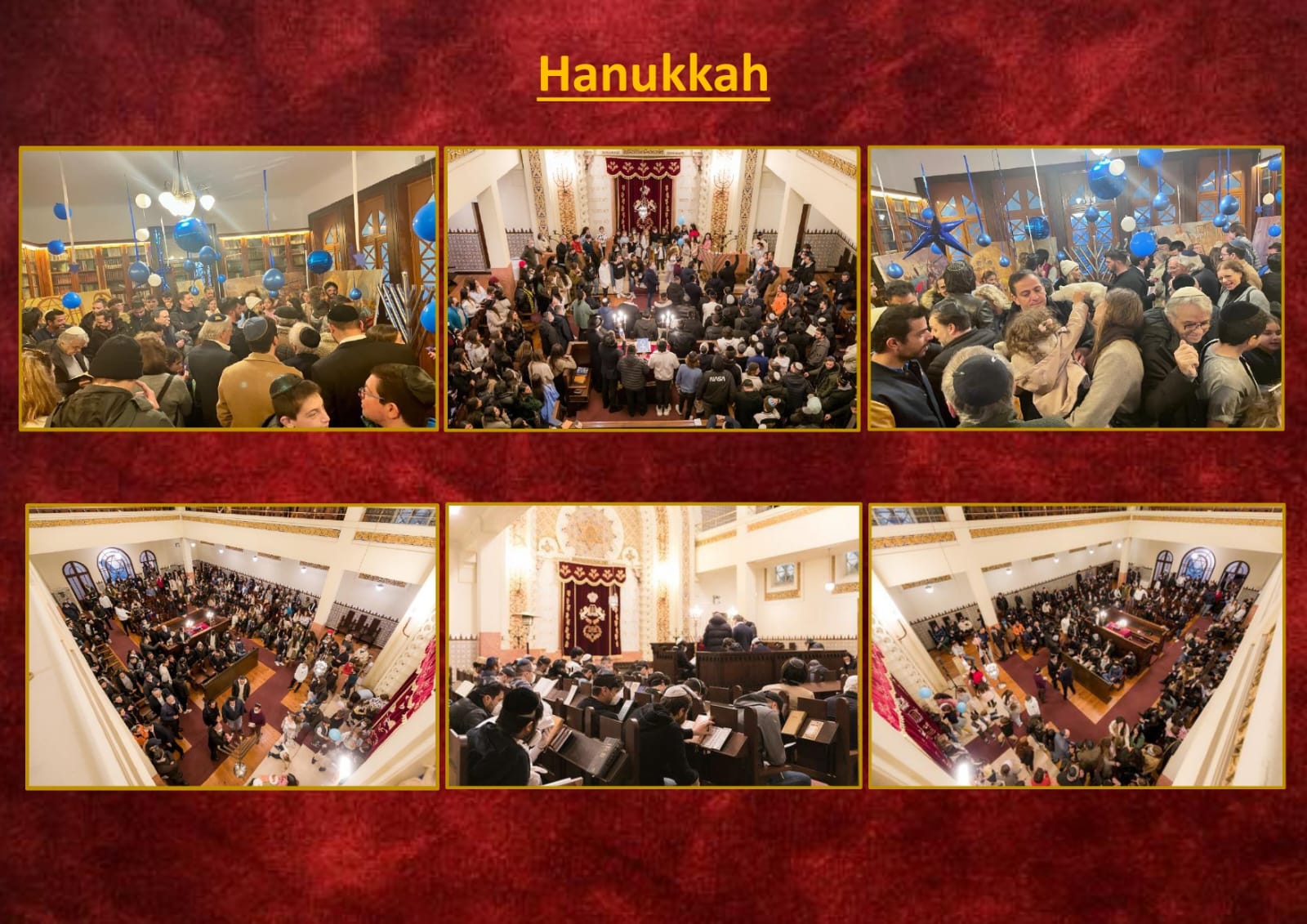
Today the community lives. It honours the past. Its most valuable possessions, the central synagogue and the cemetery, are named after personalities that recall the history of the Jews of Sepharad. The Isaac Aboab cemetery commemorates the last Gaon of Castile, who died in Porto and was buried in a Jewish cemetery that probably existed since Roman times. The Kadoorie synagogue commemorates Laura Mocatta, from a Sephardic family that left Sepharad because of persecution by the Inquisition.

































